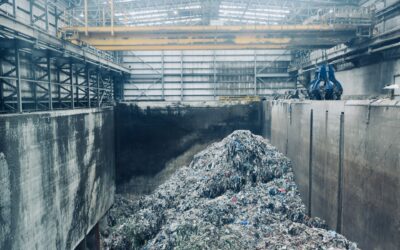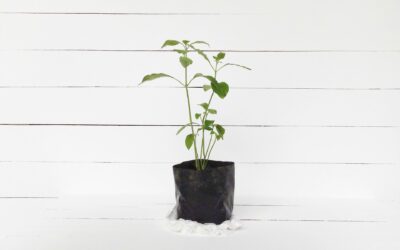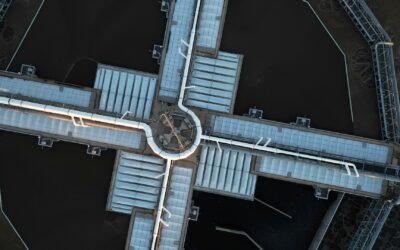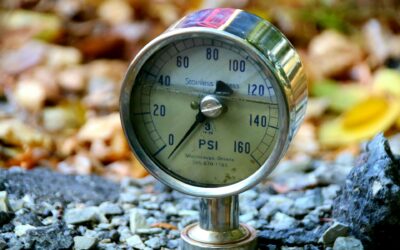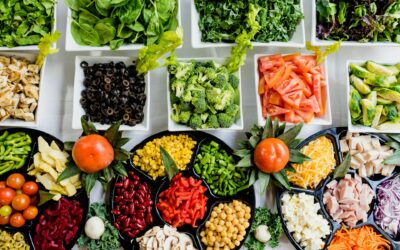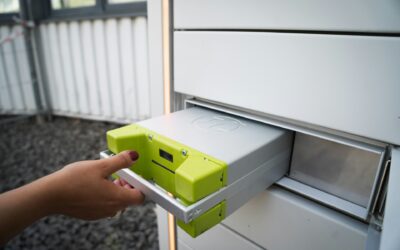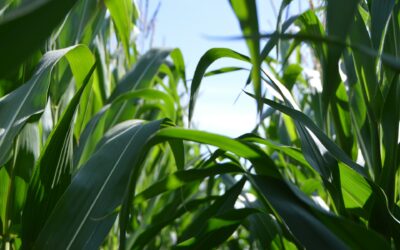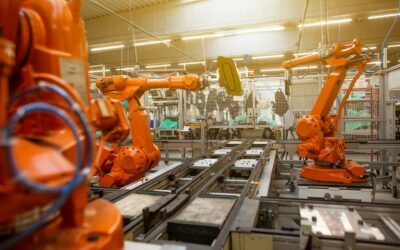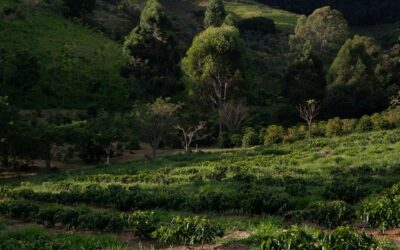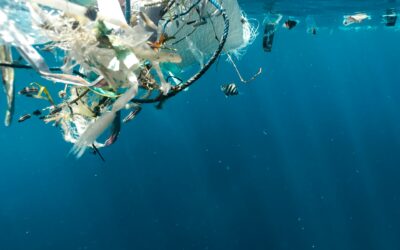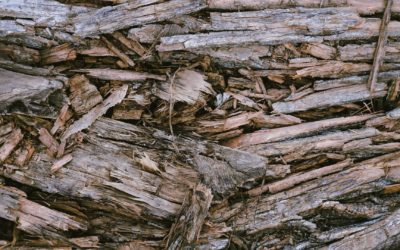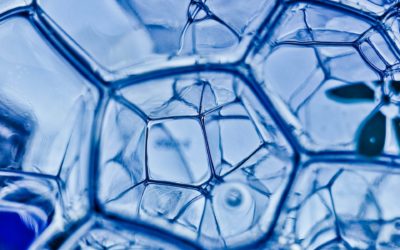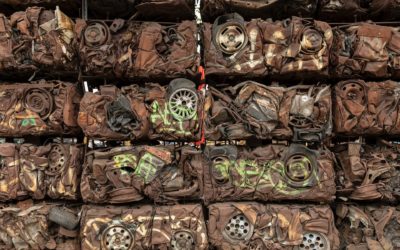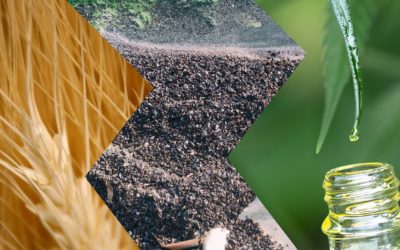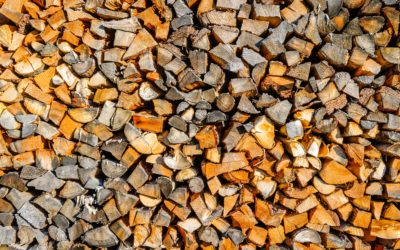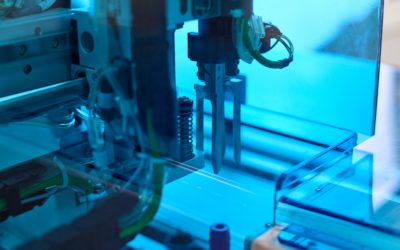cartif projects
Development of research lines on air-quality and agro-ecological processes
Description
The research lines of AIR QUALITY and AGRO-ECOLOGICAL PROCESSES seek to achieve sustainable solutions to alleviate environmental problems such as poor air quality, urban green regeneration, environmental well-being in cities, management and restoration of urban watersheds, sustainability in the use of resources and energy in cities, conservation of urban ecosystems, carbon sequestration and the development of processes and technologies linked to agronomy in Castilla y León such as soil degradation or the control of pests and diseases.
The environmental well-being of the population has so far been approached as an extra-urban activity, which has caused citizens to move towards natural environments without trying to bring nature closer to the city (re-naturalising cities). Therefore, the use of NBS in cities will make them more comfortable places where people want to live.
The current poor quality of soils (urban and rural), mainly due to overexploitation which generates, among other problems, the loss of organic matter (an endemic problem in all Spanish soils), makes it necessary to search for a solution which, through natural alternatives, will give soils the necessary quality to make them elements that can sustain crops in the region (urban and agroforestry crops).
Objectives
- The Air Quality research line will work on advanced natural systems for the purification of gaseous pollutant emissions to improve air quality in urban environments.
- The research line on Agro-ecological Processes will work on the development of processes, products and technologies linked to agronomy.
Actions
-
Air Quality: The aim is to work on new systems of green roofs and façades that allow the filtration and purification of these gaseous pollutant emissions. Through new systems with substrate/microbiota/plant part combinations, these emissions will be filtered to reduce their content in particulate matter (PM2.5 and PM10), nitrogen oxides, CO and CO2.
-
Agro-ecology: Research is planned on the productive and functional improvement of crops and soils, as well as their adaptation to climate change, which has led to a drastic reduction in the quality and productivity of the region’s soils.
Expected Results
The Air Quality and Agro-ecological Processes research lines aim to advance existing technologies to tackle rural and urban environmental problems, so that the region of Castilla y León can serve as a pioneering laboratory in the implementation of measures to combat climate change and the deterioration of urban and peri-urban ecosystems and the development of the region’s agricultural sector.
INFRASTRUCTURES CYL 2021
File: 2021 CCTT 07
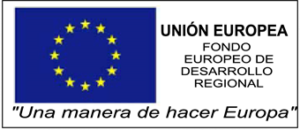
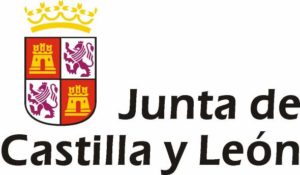

CARTIF total budget: 128,700.00 €
CARTIF Grant: 64,350.00€
Cofinanced by FEDER founds contributing to the OT1 objective “Promote the technological development, innovation and a quality research” from the FEDER Operative Programme of Castilla y León.
Responsible
Raúl Sánchez
Division of Agrifood and Processes
Networking
CCTT Infrastructures projects:
ICARUS
ICARUS will represent a breakthrough in the research and demonstration of new technologies to upgrade Secondary Raw Materials ensuring similar quality as primary raw materials, of three waste streams to improve circular economy principles in several intensive industries with its implementation in the construction sector
Controlled Environment and Plant Health Pilot (PAC-SAVE)
CARTIF ProjectsPAC-SAVEControlled Environment and Plant Health PilotDescriptionCARTIF's PAC-SAVE project aims to develop a Controlled Environment and Plant Health Pilot to investigate the resilience of crops and forests to climate change. Through advanced technologies...
Waste treatment for energy and material recovery in industrial processes
Increase the extractability of protein sources and other compounds of nutritional interest, naturally present in by-products generated in the transformation processes of the food industry, through the use of “green technologies” of pre-treatment such as extrusion
High-pressure processes for the generation of high value-added products
Increase the extractability of protein sources and other compounds of nutritional interest, naturally present in by-products generated in the transformation processes of the food industry, through the use of “green technologies” of pre-treatment such as extrusion
Advanced technologies for the development and characterisation of 3S food: healthy, sustainable and safe
Increase the extractability of protein sources and other compounds of nutritional interest, naturally present in by-products generated in the transformation processes of the food industry, through the use of “green technologies” of pre-treatment such as extrusion
Lifetime characterisation, safety and recycling processes in batteries
CARTIF Projects Lifetime characterisation, safety and recycling processes in batteriesDescriptionThe general objective of this action is to develop technologies and strategies to improve the characterisation of the useful life of batteries, increase their safety and...
Study of the use of alternative protein sources from agro-industrial by-products.
Increase the extractability of protein sources and other compounds of nutritional interest, naturally present in by-products generated in the transformation processes of the food industry, through the use of “green technologies” of pre-treatment such as extrusion
Incorporation of new equipment and processes to improve the advance digital manufacturing laboratory
Acquisition of advanced technological elements to enhance rapid prototyping services, as well as to support specific developments in the challenging processes of creating objects that are not available on the market or are costly to produce in limited quantities.
Agrigenomics and next-generation sequencing technologies
Implement advanced solutions to solve various problems linked to the agro-forestry and food sectors in Castilla y León, such as soil degradation, low agricultural productivity or the incidence of pests and diseases
Study of the mechanical behaviour of recycled composite from the aeronautical industry and wind turbine blades.
Increase knowledge of the mechanical behaviour of recycled materials from the aeronautical industry and wind turbine blades.
Efficient recovery of metals from spent EV batteries
The project focuses on the recovery of critical metals present in the cathode of spent electric vehicle battery cells, through a more environmentally sustainable process, for their future reintroduction into the value chain.
PROBIO
The general objective of the PROBIO project is to work on broadening the spectrum of substrates that can be treated in fermentation processes for the production of renewable gases (biohydrogen and biomethane) and biocompounds of interest (volatile fatty acids).
Contribution to the substitution of fossil fuels by biofuels to help reduce global warming.
CARTIF projects Contribution to the substitution of fossil fuels by biofuels to help reduce global warmingDescriptionBiofuels offer greater energy security, lower greenhouse gas and particulate matter emissions, rural development, better vehicle performance and a...
Renewable hydrogen and natural gas production and storage
The project focuses on the development of an integrated process for the production of green hydrogen and hydrogen carrier molecules (energy carriers) for use as renewable fuels to replace current fossil fuels.
Sustainable process for the efficient recovery of metals from wasted electric vehicle batteries
Recovery of metal oxides present in the cathode of electric vehicle battery cells by means of hydrometallurgical and direct recycling processes.
Innovation in rapid methods for the detection of biomarkers of interest in agri-food, environmental health and biomedicine
Las líneas de investigación de CARTIF en calidad de aire interior y mejora de la calidad alimentaria buscan ir un paso más allá en las capacidades analíticas y experiencia que se tienen actualmente para trabajar en aplicaciones dentro de los sectores de la salud ambiental, la agroalimentación y la biomedicina.
Sustainable Biofuel Generation and Purification Process
The project is focus on the valorisation of agro-industrial organic residues for the production of biomethane, through anaerobic digestion processes. Also, the use of technologies for the treatment of gaseous and liquid streams will be based on membrane contactors and reverse osmosis membranes, respectively. On the other hand, pretreatment of samples with microwaves will also be studied.
New equipment in advanced digital manufacturing
This proposal focuses on the Fab LAb (Fabrication Laboratory) concept, which is a digital fabrication workshop for personal use, i.e. a space for the production of physical objects on a personal or local scale that brings together machines controlled by computers. Its particularity lies in its size and its strong link with society rather than industry.
